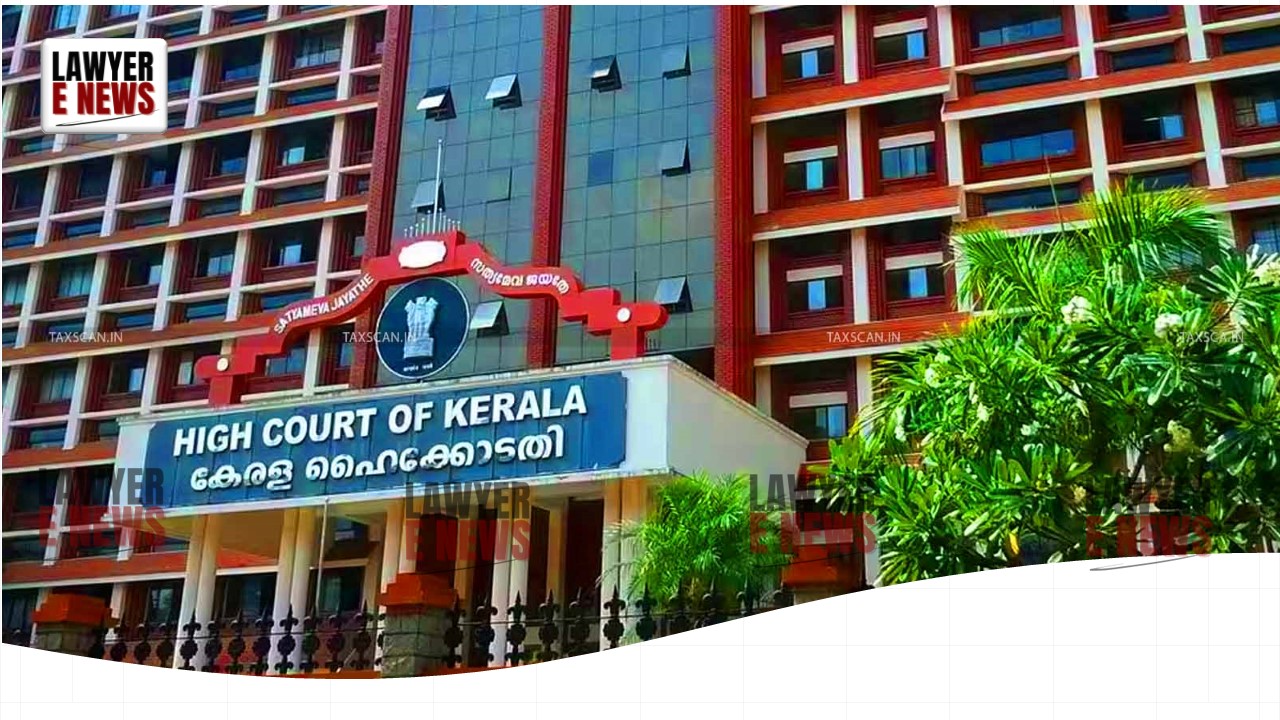-
by Admin
15 February 2026 5:35 AM



Kerala High Court dismissed multiple petitions filed by Santhosh K.S., the accused in a series of complaints under Section 138 of the Negotiable Instruments Act, 1881. The petitions sought re-examination of dishonored cheques by the Central Forensic Science Laboratory (CFSL) after the State Forensic Science Laboratory had already verified the signatures. The Court found the repeated requests to delay the trial without merit.
The cases originated when the petitioner, Santhosh K.S., defaulted on payments related to chits he had taken from the complainant, M/s Sree Gokulam Chit and Finance Company. After the cheques issued by Santhosh were dishonored due to insufficient funds, the complainant initiated proceedings under Section 138 of the NI Act. Despite receiving statutory notices, Santhosh did not respond, and the matter escalated to court proceedings.
In response, Santhosh contested the genuineness of his signatures on the cheques, alleging forgery by the complainant. He sought forensic examination of the cheques and filed various applications to delay the proceedings, including requests to send the cheques to multiple forensic laboratories and summoning private experts.
The core legal question was whether the petitioner could continue to request forensic examination of the cheques by different laboratories, even after the Forensic Science Laboratory (FSL) in Kerala had confirmed that the signatures on the cheques matched those of the accused.
Expert opinion is not conclusive evidence under Section 45 of the Indian Evidence Act, 1872. The opinion of handwriting experts is merely advisory, and it is the court's responsibility to determine the authenticity of the signatures based on the evidence presented.
The petitioner had already received an unfavorable report from the Kerala FSL, which confirmed that the signatures belonged to him. Despite this, he sought to delay the trial by requesting further forensic examination from the Central Forensic Science Laboratory (CFSL). The court found this tactic to be vexatious, stating that continuous requests for additional expert opinions could lead to an "unending process," undermining the purpose of the NI Act and delaying justice.
The Magistrate's decision to reject further forensic examination was upheld by the High Court, which noted that sending the cheques to another forensic lab without challenging the initial report was unjustified and would further prolong the trial.
The High Court dismissed all the petitions, holding that the Magistrate's orders refusing further forensic examination and denying the summoning of private witnesses were well-founded. The court highlighted that attempts to delay trials under the NI Act should be discouraged, especially when the accused had admitted to participating in the chit transactions but raised issues only regarding the discharge of liabilities.
The court also directed the lower court to expedite the proceedings, ensuring that justice is served without unnecessary delays. Justice Bechu Kurian Thomas remarked that such cases should not linger for over a decade, stating that "delaying tactics undermine the very object of the statute."
The judgment reaffirms the principle that while expert opinions can assist the court, they are not definitive, and the judiciary should guard against parties exploiting procedural mechanisms to delay trials, especially in cases under the Negotiable Instruments Act, which aims for swift resolution of disputes involving dishonored cheques.
Date of Decision: September 24, 2024
Santhosh K.S. vs. State of Kerala & M/s Sree Gokulam Chit and Finance Company Pvt. Ltd..
